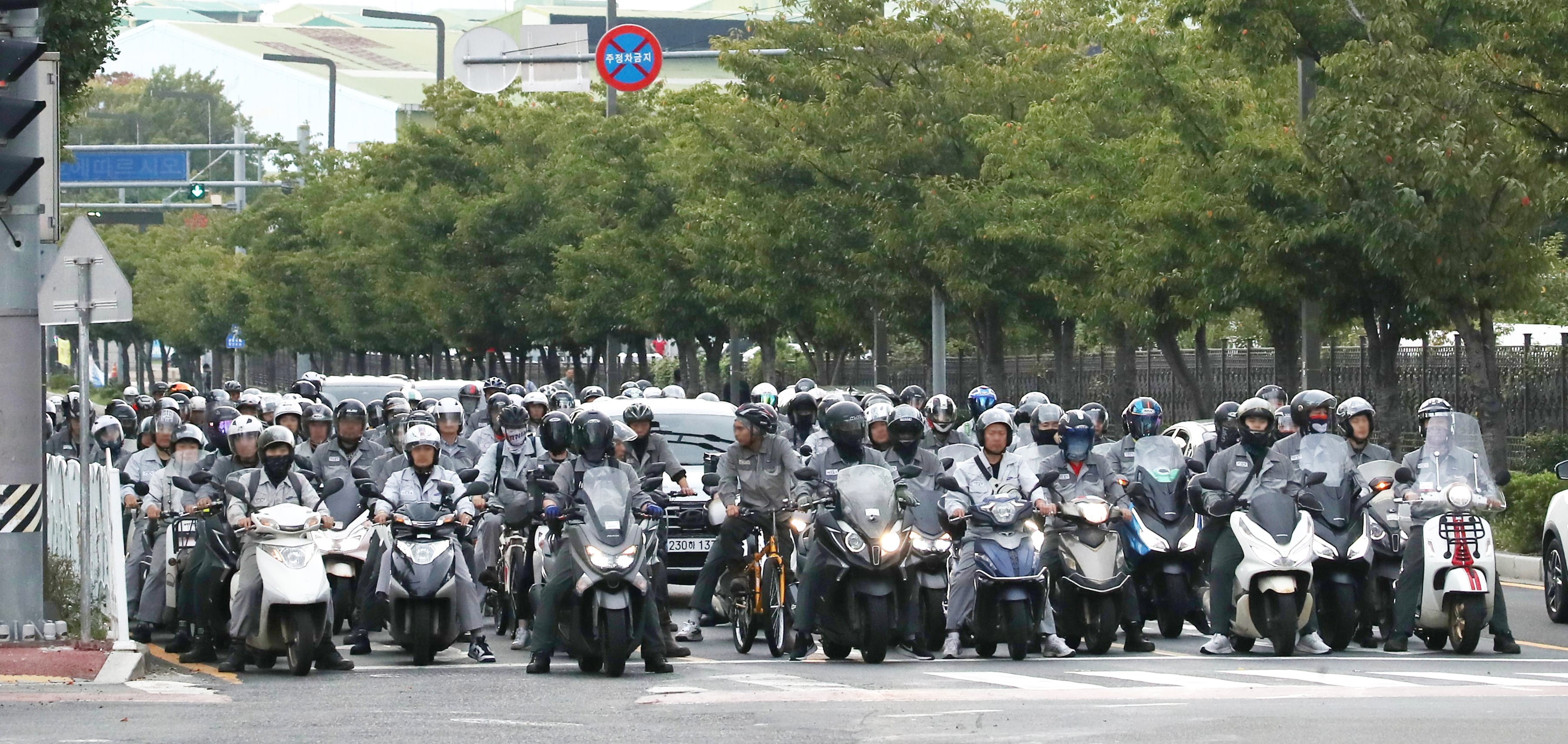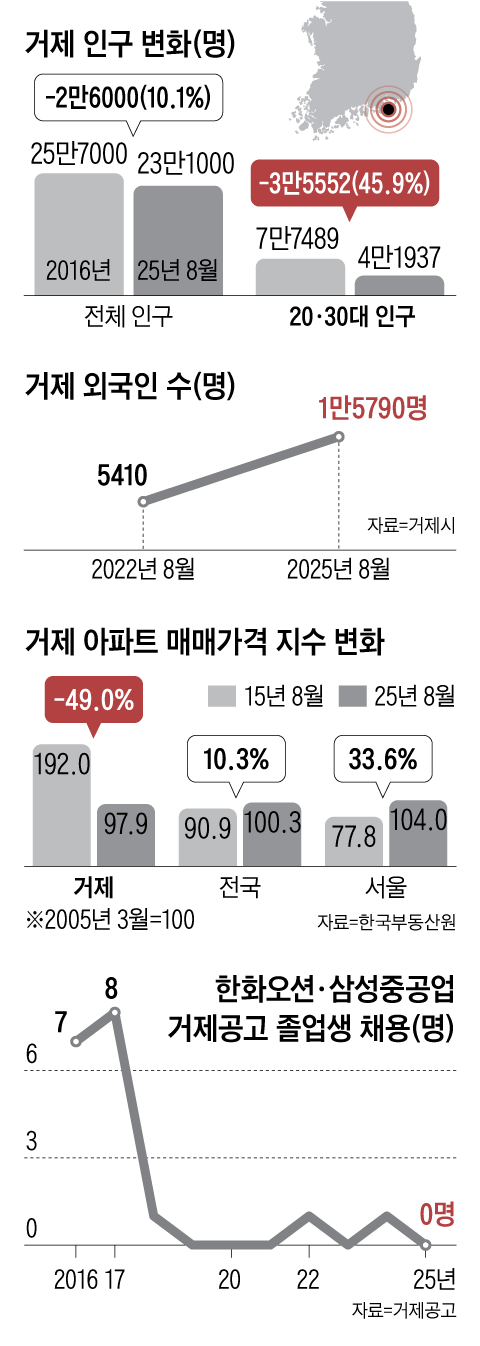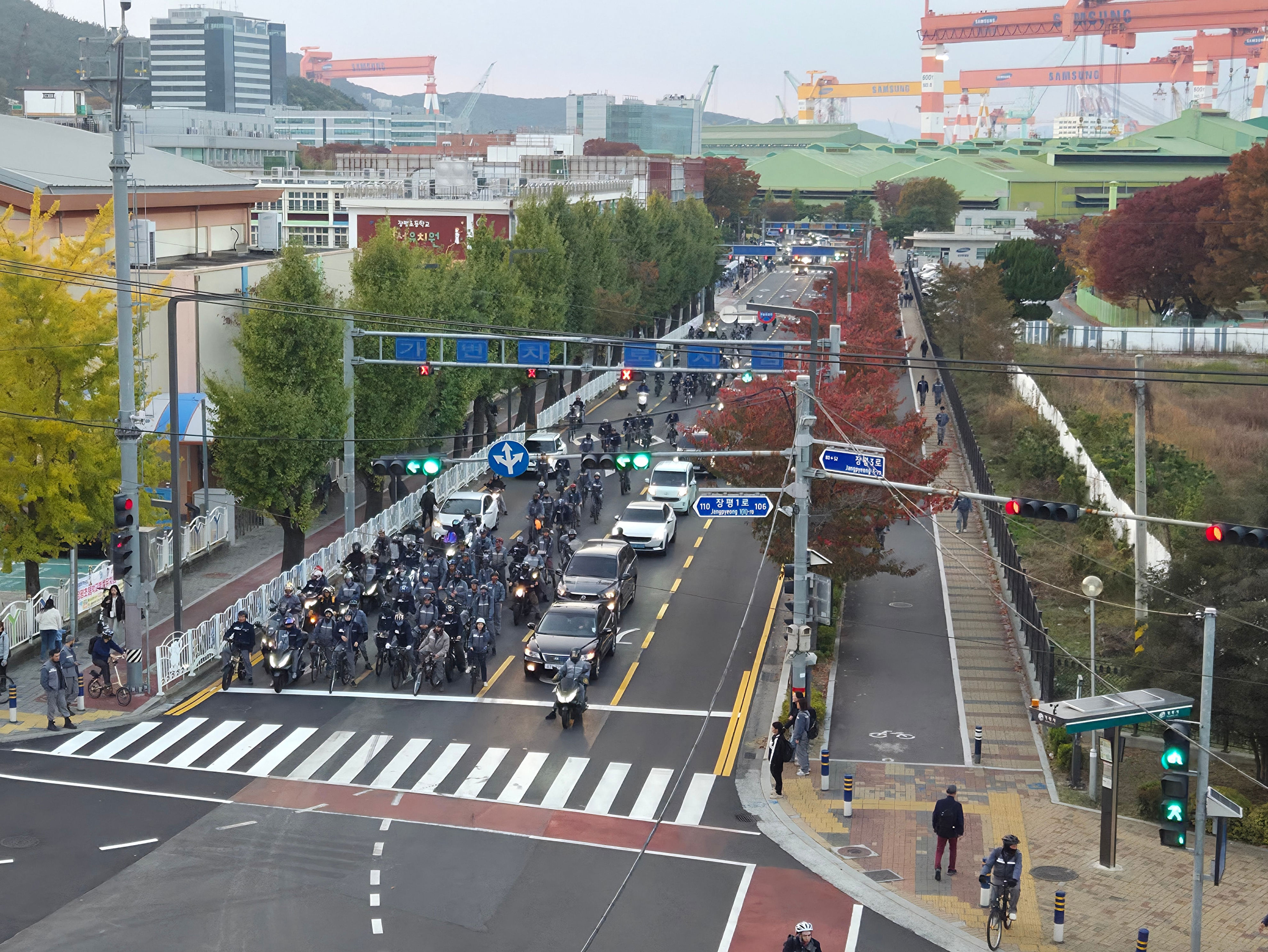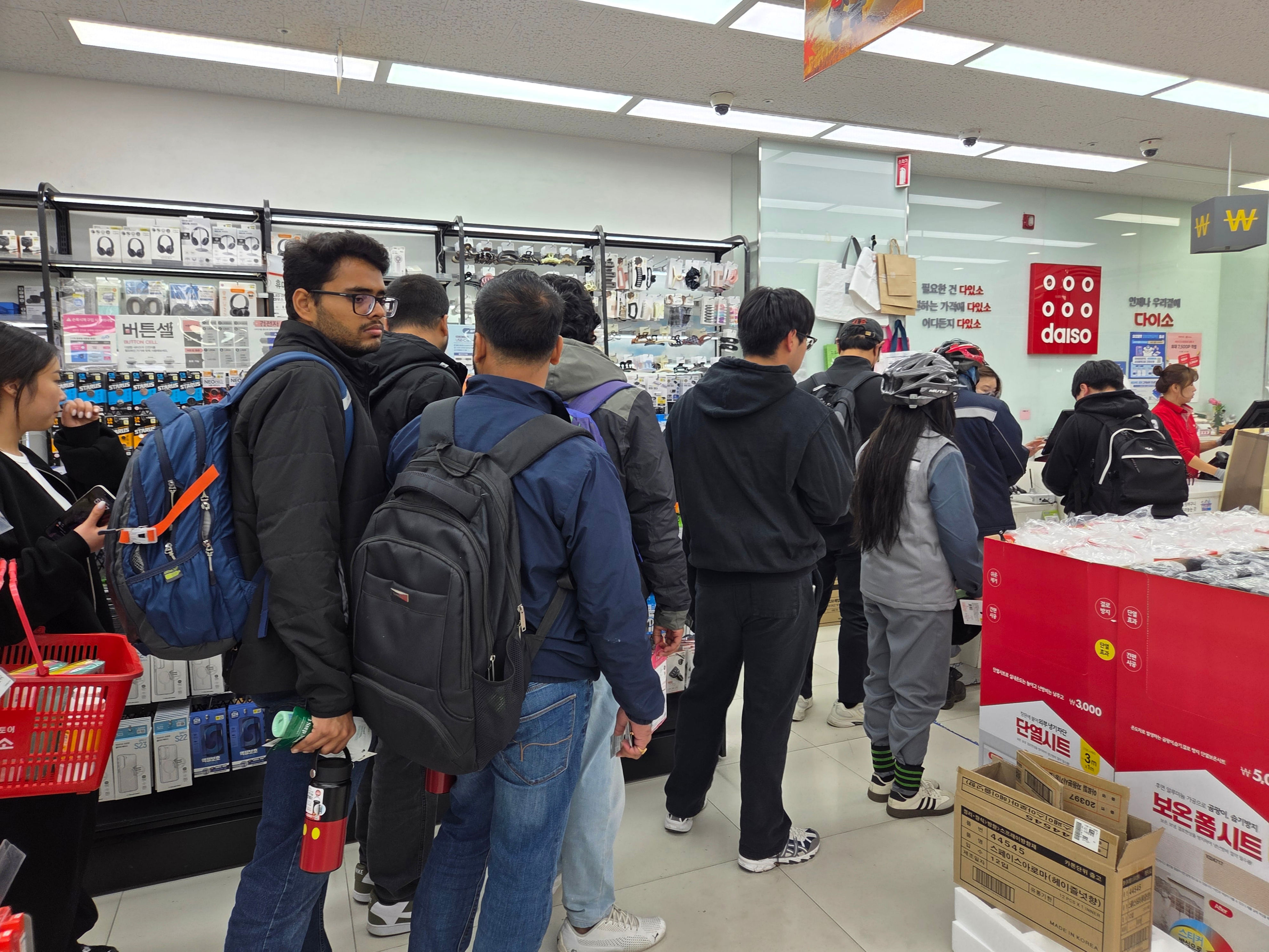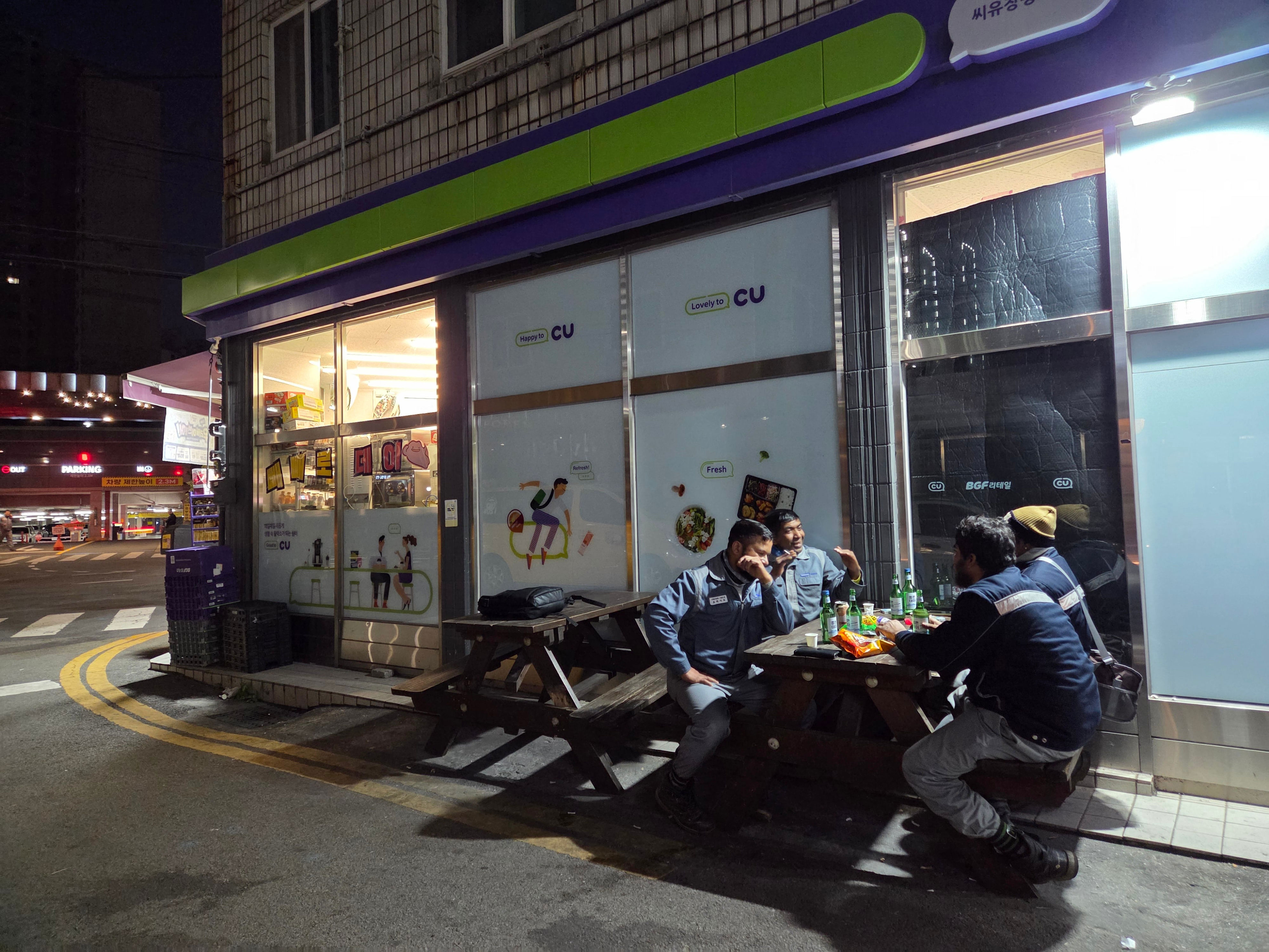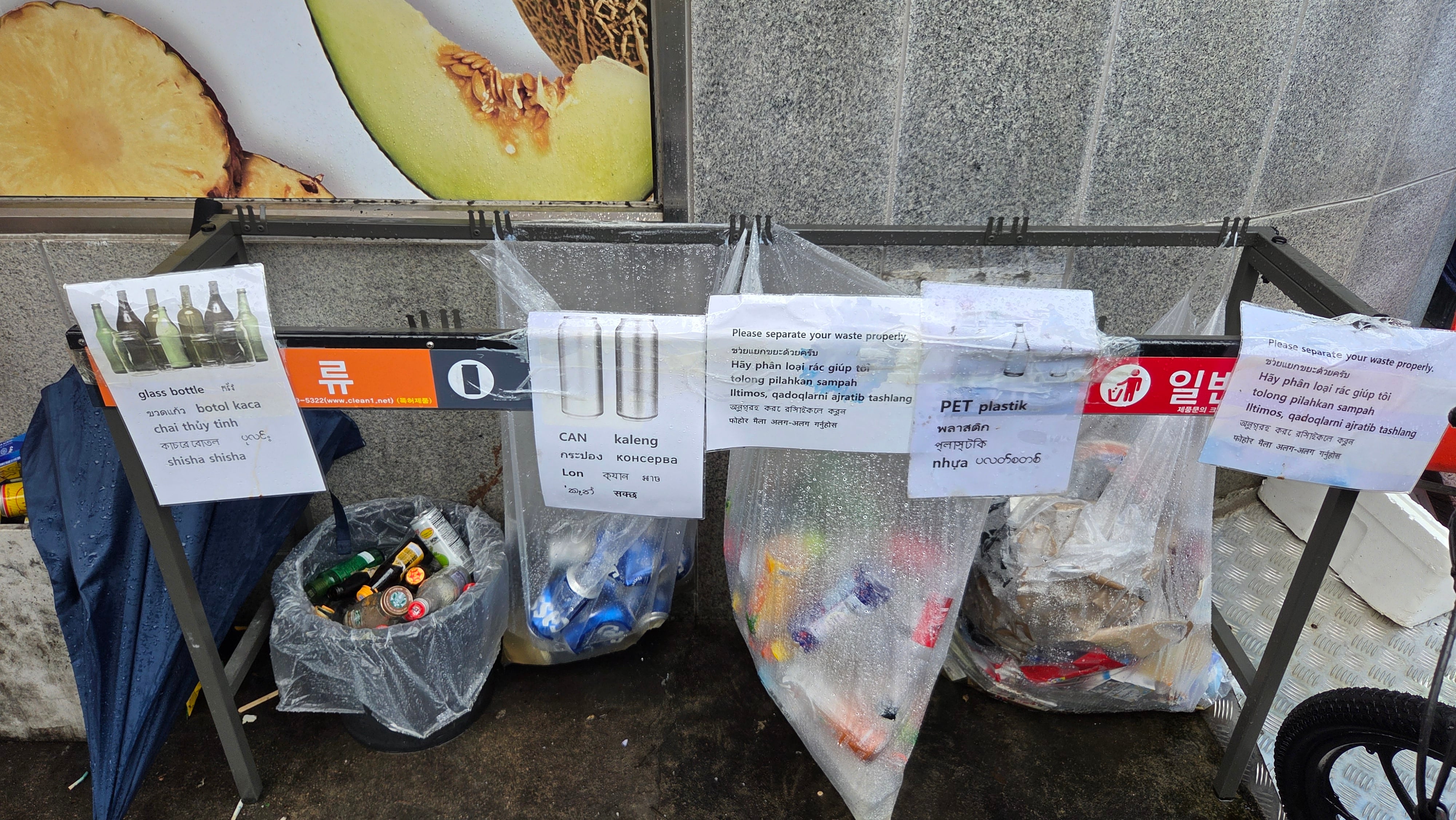5g,1,abdominal exercises,1,abdominals,1,AC Milan,1,Acara dan Festival,36,Acara dan Perayaan Natal,6,accessibility,1,acne,1,actors and actresses,1,ADHD,2,Adhd/Add dewasa,2,advocacy,1,affordable housing,1,africa,48,Afrika,3,agama,64,aging,6,agriculture,21,Ahli gizi,1,AI Chatbots,1,air,2,air minum,1,air travel,2,airline industry,3,airpods,1,Akses Internet,2,aksesoris komputer,2,aktivis,2,aktivitas luar ruangan,14,aktor dan aktris,7,alabama crimson tide,1,alam,17,alamat negara bagian,1,alas kaki,3,alcohol,6,alcohol consumption,4,alternative energy,3,alzheimer's disease,3,amal,2,american football,1,Amerika Utara,1,anak -anak dan keluarga,25,anak muda,4,anak sekolah,1,anak-anak,20,analis keuangan,1,Analisis Keuangan,1,ancient egypt,1,Android,1,anggaran,2,angin,1,angkatan bersenjata,3,Angkatan Bersenjata Rusia,1,angkutan,50,animals,14,anime,2,antitrust law,1,anxiety,2,anxiety disorders,1,apel,4,api,1,aplikasi kencan,1,aplikasi seluler,3,apoteker,2,apple,1,apple products and services,3,Aquarius,11,Arab Saudi,1,argumen dan argumentasi,1,Aries,27,armed forces,4,arsenal fc,1,arsitektur,12,art,2,art and craft exhibitions,1,artificial intelligence,16,asia,8,Asia,104,Astrofisika,2,Astrolog,139,astronomi,7,astronomy,2,astrophysics,1,asuransi,3,asuransi jiwa,2,asuransi mobil,1,Asus,1,atap dan atap,1,athletes,1,atlet,2,Atlet Olimpiade,1,attorneys,1,aturan dan peraturan,14,Auditor,1,audits,1,Aurora Borealis,1,autism,1,auto enthusiasts,1,automation,2,automotive industry,5,autos,6,Autos,52,avatar,1,avatar: pengendali udara terakhir,1,aviation,3,babies,5,bacteria,4,badan amal,1,bahan bakar motor,3,Bahan limbah,1,baking,2,balap,6,ban,1,bangunan,2,bank accounts,1,banking,3,bankruptcy,1,Bantuan Internasional,1,bantuan kemanusiaan,2,Bar & Restoran,1,Barang dan Jasa Mewah,1,batas pribadi,2,baterai,1,baterai listrik,1,bathroom ideas,1,bathrooms,1,bats,1,battery electric vehicles,1,bea cukai,1,beautiful places,1,beauty,7,beauty products and cosmetics,4,beauty tips,7,bedding,2,bees,1,bekerja dan membayar,7,belanja,19,Belanja Keuangan Pribadi,2,belanja online,1,bencana,119,bencana alam,60,Bencana lingkungan,19,bepergian,51,bepergian di Maladewa,1,berinvestasi,80,berinvestasi pada saham-saham unggulan,1,berita,1144,Berita berinvestasi,42,Berita Internasional,12,Berita Investasi Perusahaan,22,Berita Keuangan,108,Berita lokal,207,Berita Pasar Investasi,27,Berita televisi,2,Berkebun,3,berkemah,2,Berkshire Hathaway,1,berlari dan kebugaran,1,bermain game,3,berolahraga,2,beverages,3,biaya hidup,4,biodiversity,4,biologi,3,biology,1,biometrics,1,biotech & biomedical,6,biotechnology,1,Bioteknologi,2,Bioteknologi dan Biomedis,1,birds,2,birth rates,2,bisnis,589,Bisnis & Keuangan,9,bisnis lokal,9,bisnis restoran,2,bitcoin,1,Bitcoin,1,black friday,2,black friday sales,2,blankets,1,blockchain,3,blood,3,blood clots,1,blood donation,3,blood sugar,3,blood sugar control,2,boats and ships,2,body image,1,body weight,1,bola voli,1,bollywood,1,bonus,1,books,2,border security,2,borders,1,brain health,10,bread,3,breaking news,1,Breaking News,6,breastfeeding,1,Breed kucing,1,british monarchy,1,british royal family,1,broadband,1,broadcast media,2,broadcasting,3,budaya,319,Budaya & Sejarah,4,Budaya kantor dan tempat kerja,3,Budaya Makanan,67,budaya pop,2,Budaya Populer,21,budgets,7,buildings,1,buku masak,1,bulan,2,bulan purnama,3,Bullying sekolah,2,bumbu,1,buses,1,business,148,business & finance,1,cadets,1,california,1,cancer,7,cancer patients,3,cancer treatment,2,Capricornus,7,car companies,2,car models,1,cara menghasilkan uang,1,carbon emissions,3,cardi b,1,cardiology,4,cardiovascular fitness,2,career advice,1,caregiving,1,cars,8,celebrities,20,celebrity and music,1,celebrity gossip,13,central banks,2,cephalopoda,1,cereals,1,challenges,3,charities,2,charity,3,chatgpt,1,chemicals,1,chemistry,1,chicken soup,1,childbirth,2,childhood,3,children,9,children and families,14,cholesterol,1,chronic conditions and diseases,2,Cinta,9,cinta dan perselingkuhan,2,cities and towns,1,citizenship,1,civil aviation,1,cleaning and organizing,4,cleaning products,1,climate,6,climate change,9,climatology,1,closures,1,coaching,1,coal power,1,coffee,1,cold weather,1,college sports,3,colleges and universities,6,color schemes,1,commerce,43,commercial aircraft,1,commodities,1,community,22,complaints,1,computer security,3,concerts,3,congo,1,conservation,1,construction,4,consumer electronics,3,content creators,2,contracts,1,controversies,38,cookie,1,cooking,3,cookware,1,corruption,1,cosmetic surgery,2,cosmetics industry,2,cost of living,7,costco,2,costco shopping,2,counties,1,couples,1,courts,2,covid 19,2,crime,32,crimes,6,criminal cases,2,criminal justice,4,criminal law,1,criminology,2,crops,6,crude oil,1,Crunchyroll,1,cryptocurrency,1,Cryptocurrency,5,cryptocurrency investing,1,cuaca buruk,2,cuisine,1,culinary arts,1,culture,28,currencies,1,customs,2,cyberattacks,2,cybercrime,7,cybersecurity,8,dapatkan otot,1,dark chocolate,1,data centers,1,Data dan Privasi Pribadi,2,data science and analytics,1,Daur Ulang Plastik,1,daya listrik,34,debat politik,4,debt,5,dekorasi,7,dekorasi Natal,2,dekorasi rumah,29,delta air lines,1,dementia,5,democrats,1,demokrasi,4,dentistry,1,dentists,1,depresi,5,depression,1,dermatologi,2,dermatologists,1,dermatology,1,Dermawan,1,desain,8,Desain Arsitektur,6,Desain furnitur,3,Desain Interior,29,desain mobil,6,desain mode,1,Desain Otomotif,5,Desain Pencahayaan,1,Desain rumah,38,Desain Taman,3,detektif,1,diabetes,6,diesel fuel,1,diet and nutrition,44,Diet dan Nutrisi,24,dietetics,1,dining,2,diplomacy and diplomats,1,diplomasi dan diplomat,1,disabilitas,3,disability,4,disaster management,3,disaster preparedness,1,disasters,11,Dividen,1,DIY,4,dog owners,1,dogs,1,donald trump,8,Donald Trump,3,donations,1,dr pepper,1,drama,13,drinking water,2,drivers,1,driving,3,drug and pharmaceutical companies,4,drug development,1,drugs,10,ducati motorcycles,1,duka,2,Dukungan Teknis Windows dan PC,1,dunia,18,dunia malam,1,E Commerce,17,e-mail,1,earth,1,earth science,1,earthquakes,3,eating disorders,1,eating habits,1,ecology,7,economic inequality,1,economic policy,19,economics,52,economy of china,1,education,41,education reform,1,educational systems,10,educators,3,efisiensi energi,2,eggs,1,ekologi,32,ekonomi,169,Ekonomi Global,6,Ekonomi Internasional,4,Ekonomi Kesehatan dan Kesehatan,2,Ekonomi pertunjukan,1,Ekonomi Tiongkok,1,ekuitas,8,election integrity,2,elections,2,electric cars,3,electric generators,1,electric grids,1,electric power,11,electricity bill,3,electronic cigarettes and vaping,1,elektronik,11,Elektronik Konsumen,51,Elon Musk,5,emas,1,emergencies,10,emergency management,2,emergency medical services,1,emergency services,2,emisi karbon,1,employees,2,employment,5,empowerment,2,energi alternatif,5,energi matahari,1,energi nuklir,1,energy conservation,1,energy consumption,5,energy sector,12,energy sustainability,3,engineering,9,entertainment,14,entertainment industry,4,entrepreneurship,5,environment,3,environmental disasters,2,environmental friendliness,7,environmental health,6,environmental pollution,4,environmental science,3,environmentalism,18,equities,1,Eropa,4,ethnic diversity,1,europe,14,european football,1,european union,10,events and festivals,5,Everton F.C.,1,everyday life tips and hacks,9,exercise,16,exercise for weight loss,1,expenses,1,exports,4,eye health,1,facial recognition,1,faith and religion,2,family relationships and dynamics,1,farmasi,3,farmers,9,farming,9,farming sector,7,Fashion & Gaya,29,fashion & style,1,fashion and style,3,fashion brands,1,fashion dan gaya,34,Fashion dan Gaya Wanita,10,fashion industry,1,FC Barcelona,1,federal government,4,female empowerment,6,fertility,3,festival,5,festivals,4,fighting,1,film,15,finance news,7,financial crime,1,financial literacy,1,financial markets,6,financial services,8,fintech,3,fire,1,first responders,1,fiscal policy,10,fisheries,2,fisika,1,fitness,14,fitness trackers,2,flights,3,flooding,1,flooring,1,flying,3,food and drink,45,food culture,5,food preparation,2,food prices,3,food safety,6,food science,2,food service industry,4,food stamps,1,food waste,1,foodies,1,football,1,football clubs,5,football players,3,forecasting,1,foreign policy,4,formula 1,1,Formula 1,1,fossil fuels,1,fotografer,1,fotografi,2,fraud prevention,3,french,1,fried foods,1,friendship,1,funding,7,future of cryptocurrencies,1,gadget,16,gain muscles,1,game seluler,1,gamer,2,gaming,1,Gangguan kecemasan,1,garasi,1,gardening,1,Gas Alam,1,gaya,20,gaya hidup,137,Gaya hidup minimalis,2,gaya rambut,1,gaza israel conflict,1,gdpr,1,Gemini,10,Gempa bumi,3,gender,7,gender identity,3,general data protection regulation,1,genetika dan keturunan,1,geologi,1,geology,2,gerak badan,1,Gereja dan denominasi Kristen,1,Gereja Katolik Roma,7,german,2,ghana,4,gitar,1,global economy,7,global warming,5,gold,2,golf,1,Gosip selebriti,10,government,146,government regulations,19,governors,1,grand prix,1,greenhouse gases,2,grief,1,grief recovery,1,groceries,4,growth,1,guru,2,gut health,2,habit change,3,habits,4,hackers,2,hadiah,5,hadiah Natal,6,hair care,2,hair growth,1,hair loss and baldness,1,hair products,1,Hairstyling,2,hal-hal asing,2,happiness,1,harga diri,3,Harga gas,1,Harga makanan,1,Harga minyak dan bahan bakar,2,hari libur Yahudi,1,Harlem,2,harrison mengarungi,2,health,330,health & fitness,82,health advice,32,health and exercise,109,health and healthcare economics,22,health benefits,18,health effects of alcohol,2,health effects of water,1,health insurance,8,health risks,16,health tips,20,healthcare and medicine,216,healthcare industry,15,healthy cooking,2,healthy eating,29,healthy eating and living,23,healthy living,60,healthy weight loss,13,healthy workouts,10,heart attacks,1,heat,1,heating,1,heritage,1,Hewan,32,Hewan Liar,7,hewan peliharaan,1,hiburan,61,hidangan laut,1,hidup,6,hidup sehat,15,higher education,15,hipertensi,1,historic preservation,1,history,8,hobi,2,holiday season,1,home and property,1,home decoration ideas,1,home maintenance,1,home workouts,4,Honda,5,Horoskop,216,hospice care,1,hospices,1,hospitals,4,hotel,5,hotels,2,house plants,2,housecleaning,1,Housecleaning,1,household appliances,1,hubungan,36,Hubungan Anak Tua,1,hubungan beracun,2,Hubungan Ibu Anak,3,hubungan Internasional,9,Hubungan Keluarga dan Dinamika,12,hubungan romantis,30,Hukum Pidana,7,human rights,1,humor,5,hutan,1,hydration,3,Hyundai,2,ibu,4,Ide Dekorasi Rumah,20,ide hadiah,1,identity verification,1,ikan,3,iklan,1,iklim,13,illness,45,Ilmu Bumi,2,Ilmu Makanan,4,Ilmu Politik,2,iman dan agama,11,immigrants,2,immigration,3,immigration to the united kingdom,1,immune system,1,impeachment,1,incident,16,indigenous,2,Indonesia,145,indoor gardening,1,Industri hiburan,11,Industri jasa makanan,2,Industri kosmetik,1,Industri Makanan dan Minuman,2,Industri minyak dan gas,4,Industri mode,1,Industri musik,5,Industri otomotif,43,Industri perawatan kesehatan,2,Industri Pertambangan,1,Industri Teknologi,21,Industri video game,3,infectious diseases,23,inflasi,1,inflation,3,influencer,2,influencers,5,influensa,1,influenza,1,information privacy,1,information security,2,infrastructure,8,infrastruktur,45,innovation,12,inovasi,30,insects,3,insiden,43,insulin,1,insurance,8,interest rates,1,interior design,1,international aid,1,international economics,2,international news,3,international relations,9,international trade,4,internet data centers,1,internet infrastructure,1,Investasi Cryptocurrency,1,Investasi Ekonomi,5,investing,16,investing business news,8,investing company news,11,investing economy,4,investing market news,6,investing technology,1,investing news,4,investor,28,investors,10,ios,1,iphone,1,iPhone,1,iphone photography tips,1,Islam,10,italy,1,jaket,1,jalan,4,jalan tol,1,jam tangan pintar,4,jaminan sosial,2,japan national news,1,jasa keuangan,32,jeff bezos,1,Jeffrey Epstein,2,jenis kelamin,5,jeremy clarkson,1,Jerman,3,job,1,jobs and careers,3,jobs and careers in nursing,1,journalism,7,judiciaries,1,juice and juicing,1,jurnalistik,44,jus dan jus,1,K 12 Pendidikan,1,kacamata,1,kamera,3,Kamera Keamanan,1,kamera smartphone,4,kanker,3,kapal pesiar,1,karakter anime,1,karakter dan kepribadian,6,kardiologi,1,Karier Keuangan Pribadi,3,karnaval,1,kartu debit,1,kartu kredit,1,kartu Natal & liburan,1,Kartu Tarot,2,karya seni,2,karyawan,6,kasih sayang,7,kasus kriminal,18,Katolik,7,kaum muda,1,keadaan darurat,21,Keadilan Sosial,1,keamanan,17,keamanan dan manajemen kata sandi,1,Keamanan Informasi,6,Keamanan Internet,3,Keamanan Jalan,1,keamanan komputer,5,keamanan mobil,1,Keamanan Nasional,10,Keamanan Perjalanan Udara,1,Keamanan siber,2,keanekaragaman hayati,20,kebahagiaan,3,kebaikan,4,Keberlanjutan,38,Keberlanjutan energi,6,kebiasaan,15,kebiasaan makan,7,Kebijakan dan Hukum Pajak,2,Kebijakan Ekonomi,11,Kebijakan Ekonomi Makro,2,Kebijakan Luar Negeri,10,Kebijakan Moneter,1,Kebijakan Publik,42,kebugaran,2,kecanduan,1,kecantikan,7,kecemasan,8,kecerdasan buatan,11,kedermawanan,2,Kedokteran dan perawatan kesehatan,40,kedokteran gigi,1,Kegiatan rekreasi dan rekreasi,18,kehamilan,2,kehidupan pernikahan,2,keibuan,7,kejahatan,67,kejahatan dunia maya,3,Kejahatan Keuangan,1,kekayaan,21,kekuatan otot,3,kembang api,1,kemiskinan,1,kencan dan hubungan,11,Kendaraan di luar jalan,1,Kendaraan listrik baterai,4,Kendaraan rekreasi,1,kepahlawanan,1,kepemilikan rumah,1,kepemimpinan,3,keramahan lingkungan,2,kereta api,1,kerohanian,34,kerusakan air,1,kesehatan,222,Kesehatan,13,Kesehatan & Kebugaran,36,Kesehatan dan Keselamatan Masyarakat,1,kesehatan dan olahraga,42,kesehatan lingkungan,3,kesehatan masyarakat,25,kesehatan mata,1,kesehatan mental,25,kesehatan otak,1,Kesehatan reproduksi wanita,1,kesehatan wanita,2,keseimbangan kehidupan kerja,5,kesejahteraan,5,kesejahteraan sosial,7,kesendirian,8,kesenjangan sosial,1,kesiapan bencana,5,keterampilan,4,Keterikatan emosional,1,Ketimpangan ekonomi,1,ketogenic diet,1,Keuangan Pribadi,13,kewiraswastaan,7,Kiat dan peretasan pencarian kerja,1,kidnapping,4,kidney disease,1,klimatologi,5,klub sepak bola,30,Kode berpakaian,1,Kolumbia,1,komedi,2,Komedian,2,komet,1,komoditas,1,komputer,2,Kondisi dan penyakit kronis,4,Kondisi dan penyakit medis,15,kondominium,1,konser,1,konservasi,4,Konservasi Alam,3,Konservasi Energi,3,konstruksi,8,konsumsi alkohol,1,konsumsi bahan bakar,1,konsumsi energi,3,Kontes dan kompetisi,6,kontrol hama,1,kontroversi,38,kopi,4,Korea,8,korea national news,1,korean,11,korupsi,1,Korupsi Politik,3,Kota dan Kota,22,kredit,5,Kredit Keuangan Pribadi,1,kriminologi,3,Krisis keuangan,2,kucing,4,kue,1,lamaran pekerjaan,1,lantai,1,Laporan Polisi,17,Laptop,10,Laptop gaming,4,latihan,6,latihan di rumah,1,latihan kekuatan,1,Latihan Sehat,2,laundry detergent,1,laws and regulations,15,layanan berbasis lokasi,1,Layanan Darurat,5,lead poisoning,2,leadership,6,leggings,1,Lexus,1,lgbtq,1,Liburan,4,Liburan Nasional dan Perayaan Umum,2,life sciences,5,lifestyle,24,Liga Premier,2,lilin,1,lingkungan,32,literacy,1,Literasi,5,Literasi Keuangan,4,liver health,2,living abroad,3,loans,1,local businesses,1,local news,34,logam,1,loneliness,1,love,1,luxury goods and services,2,luxury hotels,2,mabuk,1,MacBook,2,machine learning,5,machinery,1,macroeconomics policy,2,makan,22,makan di luar,1,makan sehat,8,Makanan Asia,5,makanan dan minuman,105,Maladewa,1,malpractice,2,manajemen darurat,8,manajemen uang,15,Manchester City F.C.,2,manfaat kesehatan,29,manufacturing,6,manufaktur,6,marathons,1,margasatwa,16,marine animals,1,Mark Zuckerberg,1,marriage,2,martial arts,1,masa depan cryptocurrency,3,masa pakai baterai,1,masa pensiun,2,masakan,39,masalah sosial,82,maskot,1,massage,1,masyarakat,86,Masyarakat,5,mata uang,1,matematika,5,maternity,9,mattresses,1,mebel,2,media berita,128,media sosial,6,medicaid,2,medical and healthcare costs,15,medical conditions and diseases,13,medicare,4,medicine and healthcare,176,meditasi,4,Meditasi Mindfulness,1,meghan markle,1,meja,1,mekanika kuantum,1,Mekanika Otomatis,2,memasak,18,membersihkan dan mengatur,2,memes,1,men's health,2,mengalir,1,mengendarai sepeda motor,18,menghemat uang,5,menghilangkan stres,5,menghindari,1,menginvestasikan berita bisnis,84,Mengorganisir dan mendeklarasikan,4,menopause,2,menstruation,1,mental health,12,menyatakan,3,merekrut,1,mesin,2,mesin cuci,3,mesin mobil,2,metabolism,2,metabolisme,1,metal,2,metals,2,meteorologi,8,meteorology,3,microbiology,1,microorganisms,12,migran,1,migrants,2,military,11,military technology,1,military weapons,1,militer,14,milk,1,mind body connection,1,mindfulness meditation,1,mining,4,mining industry,2,minuman,3,minyak,6,minyak bumi,8,minyak mentah,1,Misteri dan Investigasi,3,Misteri yang belum terpecahkan,1,mobil,67,mobil hibrida,1,mobil listrik,10,mobil mewah,1,mobile applications,1,mobile technology,2,mode wanita,4,model mobil,15,models,1,monetary policy,1,money,32,money laundering,1,morocco,2,mothers,1,motor bikes,1,motor listrik,5,motorcycle riding,2,motorsports,4,Motorsports,7,movies,7,multibahasa,1,muscle strength,1,music,12,music and lyrics,3,music festivals,1,music industry,2,musicians,3,musik,10,Musik dan lirik,7,musik pop,1,musim gugur,1,musim liburan,7,musisi,2,Nama bayi,1,narkoba,4,nasa,2,Nasihat dan Strategi Bisnis Kecil,1,Nasihat Karir,5,Nasihat Kesehatan,30,Nasihat Laptop,5,Nasihat Perjalanan,1,natal,4,national health service,5,national security,1,natural disasters,5,nature conservation,1,ncaa football,1,neurodegenerative diseases,1,neurological diseases and disorders,1,new year's resolutions,4,newborn care and development,1,news,250,news media,39,nfl,1,nigeria,12,non alcoholic drinks,2,nostalgia,2,nuclear energy,1,nuclear engineering,1,nuclear power plants,1,nuclear reactors,1,nurses,2,nursing,5,nutrisi,33,nutrition,55,nutritionists,4,nyeri punggung bawah,1,obat darurat,1,obesity,5,occupational safety and health,1,off roading,1,office and workplace culture,1,oil,6,oil and gas industry,3,oil refineries,2,olahraga,104,Olahraga Wanita,2,OLED,1,oncology,1,online scams,2,online shopping,1,opera,1,operasi,1,ophthalmology,2,orang hilang,2,Orang Samaria yang Baik dan Orang Samaria yang Baik,1,Organisasi Rumah,2,Otentikasi Digital,1,otomatisasi,3,otot,3,outages,1,outdoor activities,1,pahlawan super,1,pajak,3,pakaian dan pakaian,9,pakistan,1,paleontology,1,panas,1,parenting,1,parfum,7,partai politik,2,pasangan,8,Pasar Keuangan,36,payment processing,1,pecinta kuliner,33,pediatrics,2,pegolf,1,pejalan kaki,1,pekerja,19,pekerjaan,18,pekerjaan dan karier,58,pekerjaan dan karir di bidang keperawatan,1,pelatihan,1,pelayanan publik,4,Pelestarian Bersejarah,2,peluang kerja,6,Pemadaman listrik,1,pemain golf,1,Pemain sepak bola,17,Pemanasan global,6,pembakaran,1,Pembangunan Pedesaan,1,Pemberdayaan perempuan,2,pemberian hadiah,4,Pembersih Udara,1,Pemeliharaan dan Perbaikan Mobil,2,Pemeliharaan rumah,4,pemerintah,307,Pemerintah Federal,1,Pemerintah lokal dan kota,5,pemilihan umum,1,pemilik anjing,1,pemilik hewan peliharaan,3,pemimpin wanita,1,Pemrosesan Kartu Kredit,1,pemrosesan pembayaran,2,pemulihan kesedihan,1,penanggulangan Bencana,35,penangkapan ikan,2,Pencarian dan Penyelamatan,2,pencegahan penipuan,2,pencemaran lingkungan,1,pencucian,1,pendanaan,3,Pendanaan bisnis,1,pendidik,2,pendidikan,100,Pendidikan Keuangan Pribadi,2,Pendidikan Publik,23,pendidikan tinggi,9,pendinginan,2,penebusan mati merah,1,Penempatan militer,1,penemuan,1,penerbangan,6,penetapan tujuan,3,penetapan tujuan pribadi,3,pengajaran,21,pengasuhan,2,pengasuhan anak,7,pengecer,3,pengelolaan sampah,2,pengeluaran,1,pengeluaran hemat keuangan pribadi,11,pengemudi,1,Penggemar mobil,3,penggerak,23,penghasilan,2,pengiriman makanan,3,pengucapan,1,Pengumpulan Limbah,1,penipuan dan penipuan,3,penipuan kartu kredit,1,penipuan online,1,pension funds,1,pensions,3,pensiun,2,Pensiun Keuangan Pribadi,1,pentas seni,3,penuaan,14,penuntutan pidana,1,penyakit,27,penyakit ginjal,1,penyakit mental,3,Penyakit Menular,3,penyeberangan pejalan kaki,1,Penyiaran Olahraga,1,Penyimpanan Makanan,1,Pep Guardiola,1,pepsico,1,peradilan,1,peradilan pidana,18,Peralatan Dapur,2,peralatan Rumah Tangga,3,peramalan,4,Perancang busana,2,Perancis,3,perang,3,Perang Modern,1,perangkat elektronik,3,perangkat keras,20,perangkat keras komputer,6,Perangkat Lunak & Aplikasi,2,perangkat lunak dan aplikasi,5,perangkat pintar,25,perangkat tablet,6,peraturan,13,peraturan Pemerintah,47,perawat,1,perawatan,1,perawatan diri,4,Perawatan gigi,2,Perawatan hewan peliharaan,1,perawatan kesehatan dan kedokteran,52,Perawatan kulit,15,perawatan kulit kepala,2,perawatan lansia,1,perawatan medis,1,Perawatan Rambut,8,perayaan,15,perbaikan diri,6,Perbaikan Otomatis,2,perbaikan rumah,2,perbankan,11,perbintangan,221,perceraian,1,perdagangan,124,perdagangan internasional,3,perdebatan,2,perencanaan,8,perencanaan keuangan,4,perencanaan pensiun,1,perencanaan perjalanan dan tips,7,perencanaan perkotaan dan regional,6,perencanaan pernikahan,1,performing arts,7,perguruan tinggi dan universitas,4,perilaku hewan,3,perjalanan internasional,1,Perjalanan Petualangan,4,Perjalanan Udara,1,perjanjian yang tidak bersaing,1,permen,1,pernikahan,10,Pernikahan,3,persahabatan,1,persalinan,2,persiapan makanan,6,personal data and privacy,1,personal finance,1,personal finance credit,1,personal finance retirement,2,personal finance shopping,1,personal goal setting,1,personal goals,2,pertahanan rumah,1,pertambangan,3,pertanian,14,pertumbuhan,2,pertumbuhan rambut,1,Perubahan Iklim,11,perubahan kebiasaan,6,perusahaan motor suzuki,1,perusahaan obat dan farmasi,2,perusahaan teknologi,6,pest control,1,pests and diseases,1,pet advice & tips,1,pet owners,1,peta,1,petroleum,6,pewarna rambut,1,pharmacology,2,philanthropy,3,pillows,1,pinjaman,2,plants,2,plastic recycling,1,plastic surgery,3,podcasts,1,pohon,3,pohon liburan,2,pohon Natal,4,police and law enforcement,6,police reports,4,Polisi dan Penegakan Hukum,6,political corruption,1,political debates,2,political parties,1,politics,163,politics and government,82,politics and law,30,politics of japan,2,politics of saudi arabia,1,politics of south korea,3,politik,376,politik California,1,Politik dan Hukum,95,politik dan pemerintahan,167,ponsel,28,Ponsel Android,1,Ponsel Samsung Galaxy,9,ponzi schemes,1,pop culture,1,popular culture,10,portofolio investasi,1,poverty,3,power outages,4,power plants,1,precious metals,1,pregnancy,1,Privasi Informasi,1,product recalls,1,product reviews,4,productivity,2,Produk dan Layanan Apple,3,produk kecantikan dan kosmetik,4,produk rambut,2,produktivitas,7,promosi,9,prostate cancer,2,prostate health,2,protein intake,1,protests,1,Psikolog,4,psikologi,67,Psikologi depresi,9,Psikologi Kehidupan Sehari -hari,91,psychology,6,psychology of depression,1,psychology of everyday life,7,public education,5,public health,47,public health and safety,19,public policy,21,public transportation,2,pulau,1,Qualcomm Snapdragon,1,rabies,1,race and ethnicity,1,racing,4,racing drivers,1,radiasi,1,railway systems,1,ratu,1,real estat,4,real estate,1,recipes,2,recreation and leisure activities,1,recycling,1,red cross,1,reformasi pendidikan,2,refrigeration,1,refugees,1,registered nurses,2,regulation,8,rehabilitasi,1,rekayasa,15,rekening bank,1,rekomendasi hadiah,2,Rekomendasi Laptop,8,Rekomendasi Perjalanan,4,Rekomendasi Restoran,6,Rekomendasi Tablet,1,reksa dana,1,relationships,3,religion,5,relocation,1,remedies,1,rempah -rempah,1,renewable energy,2,renovasi rumah,6,republicans,1,resep,11,resep vanilla,1,resolusi tahun baru,9,respiratory illnesses and diseases,3,restaurants,2,Restoran,8,retail,4,retailers,2,retirement,1,retirement planning,1,rias,4,riset ilmiah,3,Risiko Kesehatan,12,road safety,1,robotics,1,robotika,2,romantic relationships,3,ruang parkir,1,rules and regulations,3,rumah dan properti,10,rumah sakit,1,rumah-rumah kecil,1,rumor,11,rumors,2,running,1,running and fitness,14,rural development,3,rural living,2,Rusia,2,russia ukraine conflict,1,russian,1,safety,19,Sagittarius,2,sains,43,sampo,2,samsung,1,Samsung,1,sandwiches,1,Saran & Tip Hewan Peliharaan,3,Saran Hubungan,1,Saran investasi cryptocurrency,1,satellites,2,saudi arabia,1,saving money,1,savings accounts,1,scalp care,1,scams and frauds,5,scandals,3,school teachers,2,schools,12,science,13,scientific research,4,Scorpio,3,scotland,1,sea creatures,2,sec,1,securities,1,security,9,Seismologi,1,seismology,3,sejarah,47,Sejarah Militer dan Perang,1,sekolah,6,sekolah negeri,1,sektor energi,38,sektor pertanian,5,Sekuel film,1,sekuritas,3,Selebriti,16,Selebriti dan musik,3,self care,7,self improvement,2,semiconductor companies,2,semiconductors,2,seni,20,Seni Kuliner,6,Seni Visual,1,senior citizens,5,senjata,1,senjata dan perang,3,senjata militer,1,sepak bola,55,Sepak bola Eropa,2,sepatu,1,sepeda motor,51,Sepeda motor Ducati,2,serangan jantung,1,serangga,2,serial televisi,7,serigala,1,sharks,1,shopping,1,shortages,1,
